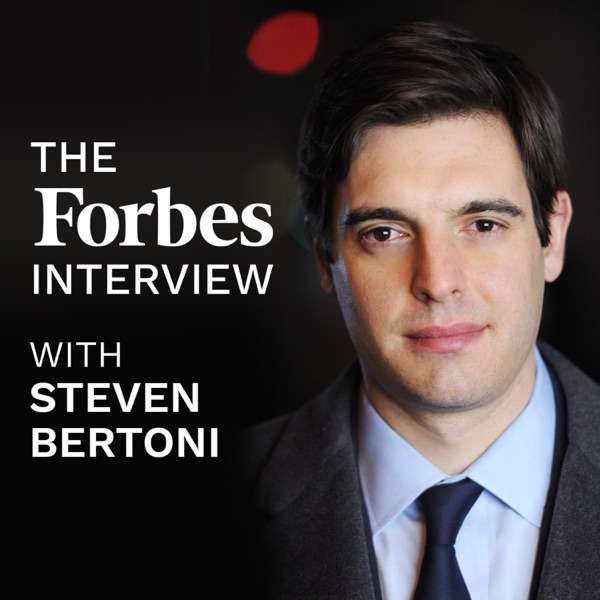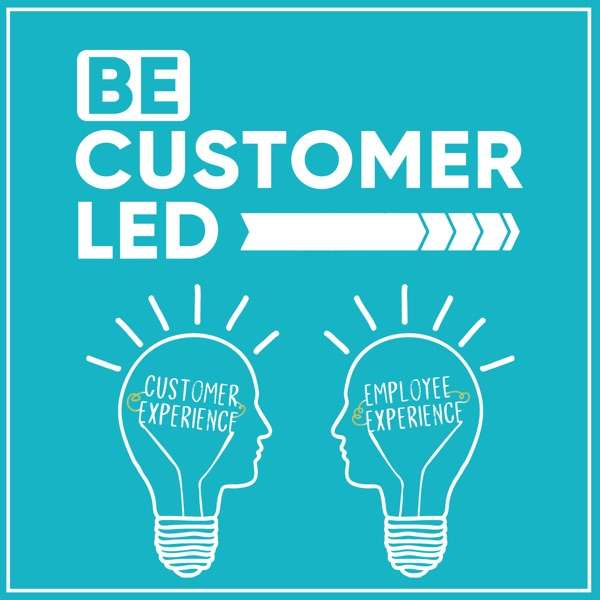A “microstress,” as defined by Rob Cross and Karen Dillon in their new book of the same name, is a small amount pressure from our everyday interactions that is hardly perceived in the moment. But when many microstesses pile up, they become debilitating.
Cross, the Edward A. Madden Professor of Global Leadership at Babson College in Wellesley, Mass., has studied the underlying networks of effective organizations and the collaborative practices of high performers for more than 20 years. Dillon is a former editor of Harvard Business Review and the author of such books as How Will You Measure Your Life? and Competing Against Luck.
Together with Martin Reeves, Chairman of BCG Henderson Institute, they discuss the microstresses that drain capacity, deplete emotional reserves, and challenge identity. Although these pressures are impossible to eliminate, there are strategies—building resilience, leading a healthy life, and finding purpose—that can mitigate the impact, enabling people to reshape their interpersonal interactions and live more satisfied lives.
Company leaders, the authors argue, should also be aware of microstress triggers hiding in plain sight: the burdens levied by our agile, collaborative way of working that can have damaging ripple effects.
Key topics discussed:
01:11 | The gravity of microstress
07:29 | Types of microstress
12:26 | Solutions to microstress
19:04 | Microstress in organizations
25:35 | Positive aspects of microstress
29:14 | Where to start with countering microstress
About the BCG Henderson Institute
The BCG Henderson Institute is the Boston Consulting Group’s think tank, dedicated to exploring and developing valuable new insights from business, technology, economics, and science by embracing the powerful technology of ideas. The Institute engages leaders in provocative discussion and experimentation to expand the boundaries of business theory and practice and to translate innovative ideas from within and beyond business. For more ideas and inspiration, sign up to receive BHI INSIGHTS, our monthly newsletter, and follow us on LinkedIn and Twitter.

 Our TOPPODCAST Picks
Our TOPPODCAST Picks  Stay Connected
Stay Connected







